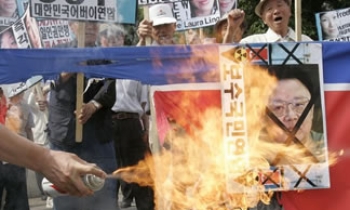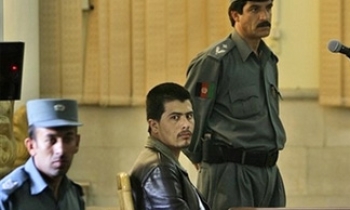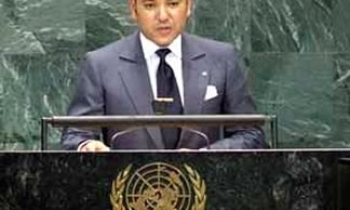The US military is cancelling a contract with a public relations firm after coming under flak for using the company to rate the output of journalists reporting on the Afghanistan war, a Pentagon spokesman has said.
"The Bagram Regional Contracting Center intends to execute a termination of the media analyst contract ... for the convenience of the US government," military spokesperson Lieutenant Commander Christine Sidenstricker said on August 30.
The Rendon Group had provided profiles of journalists that rated their output as "positive", "neutral" or "negative", although the military said it did not use the ratings to manipulate coverage or deny reporters access to cover the war. The contract — worth $1.5 million — with the Washington-based firm was first revealed last week in the military's own Pentagon-funded but editorially independent newspaper, Stars and Stripes. The paper said the profiles included suggestions on how to "neutralise" negative stories and generate favourable coverage. The Pentagon had initially denied any such thing.
Rendon denied it was trying to shape the news, according to USA Today: [Link]
In a statement on its website, Rendon said it was characterizing stories, not reporters. For example, a reporter's story may have been characterized as negative if the event was negative, such as a suicide bombing or kidnapping, it said. The information it provided was not intended to be used for accepting or rejecting a journalist's requests, it said.
The Army had rejected two out of 143 reporters who requested embed assignments when the 101st Airborne Division oversaw the Rendon contract, according to Maj Patrick Seiber of the 101st. Both were rejected for inaccuracy and release of classified information, Seiber said. Rendon's reports were one of many factors in the decision, he said. And in both cases the news organizations were allowed to embed other journalists.
However, Nir Rosen, who reported from Afghanistan for Rolling Stone, obtained a copy of his profile from a public affairs. rosen wrote of the profile: [Link]
In the final section called “Expectations for Embed” the memorandum warned that “based upon past reporting and the current challenging situation in Afghanistan, Rosen’s reporting is likely to be highly unfavorable to the mission in Afghanistan. Rosen is likely to continue to characterize the Taliban as a well-armed and fairly effective military force that the U.S. is incapable of defeating… Sentiment from Afghan civilians and possibly Taliban sympathizers and insurgents may be reported. Additionally, the difficulties facing individual US soldiers on the front lines may be covered. It is also possible that Rosen may wish to circumvent security and administrative restrictions in order to pursue other story angles.”
The International Federation of Journalists (IFJ) and United States journalists' groups welcomed the decision of the US military to abandon vetting of journalists covering the Afghanistan conflict to see if they are sympathetic to the American cause. Welcoming the latest move, IFJ said the army should focus on helping journalists to cover the war without further interference.
"This is a small victory for press freedom and quality journalism," said IFJ General Secretary Aidan White. "It underscores the importance of avoiding any suggestion of undue influence on the way media report and it is a sound message to send in Afghanistan where the battle for democracy is not yet won."









